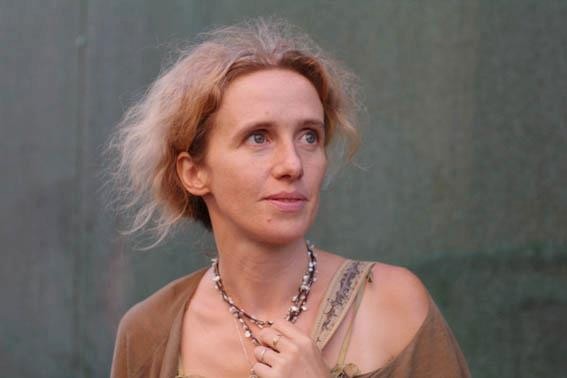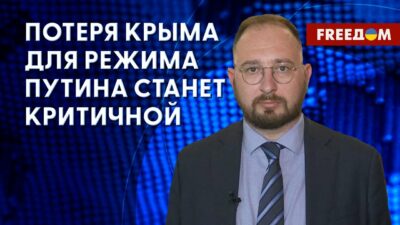
Russia’s Justice Ministry on Friday added to the list of so-called foreign agents. This time it included artist and blogger Katerina Margolis and two other artists – Anatolii Osmolovskii and Igor Ponochevnyi, who performs under the pseudonym Alyosha Stupin.
Katerina Margolis is an artist and activist living in Venice. She opposes Russia’s war in Ukraine, but also criticizes the Russian opposition, and raises funds to support the Ukrainian armed forces. In Venice, Margolis has launched an academic course offering a decolonial perspective on Russian history and its policies toward non-titular peoples. Margolis is a regular columnist on Radio Liberty.
Anatolii Osmolovskii is one of Russia’s best-known actionist artists. In 2011, he and his wife, artist and filmmaker Svetlana Baskova, founded the Baza Institute of Contemporary Art. That year, searches took place at the institute and at Osmolovskii’s home. After that, the institute closed, and Osmolovskii and Baskova left Russia.
Igor Ponochevnyi is known for his semi-childish drawings, which he publishes under the pseudonym Alyosha Stupin. The satirical drawings reflect political events in Russia. Ponochevny began publishing them in 2014, after the annexation of Crimea. In 2015, he left Russia.
According to the Russian Justice Ministry, all three cultural figures “opposed the Russian invasion of Ukraine and disseminated inaccurate information about the decisions of the Russian authorities and the country’s army.”
Legislation on “foreign agents” in Russia appeared in 2012. The law allowed the Justice Ministry to recognize non-profit organizations as foreign agents if they receive funding from abroad and engage in political activities. The law does not clearly define the criteria by which such activities are defined, which allows the authorities to prosecute organizations working in the fields of education, culture, health care, ecology, and human rights protection.
Subsequently, it became possible to recognize media outlets and individuals as “foreign agents”, including those who do not receive foreign funding but are “under foreign influence”. Russian legislation does not specify what exactly should be considered foreign influence.
Hundreds of individuals and legal entities have already been included in the register. The Ministry of Justice updates it almost every week.





